Vulnerabilities > CVE-2018-12018 - Improper Validation of Array Index vulnerability in Ethereum GO Ethereum
Attack vector
NETWORK Attack complexity
LOW Privileges required
NONE Confidentiality impact
NONE Integrity impact
NONE Availability impact
HIGH Summary
The GetBlockHeadersMsg handler in the LES protocol implementation in Go Ethereum (aka geth) before 1.8.11 may lead to an access violation because of an integer signedness error for the array index, which allows attackers to launch a Denial of Service attack by sending a packet with a -1 query.Skip value. The vulnerable remote node would be crashed by such an attack immediately, aka the EPoD (Ethereum Packet of Death) issue.
Vulnerable Configurations
Common Weakness Enumeration (CWE)
Common Attack Pattern Enumeration and Classification (CAPEC)
- Overflow Buffers Buffer Overflow attacks target improper or missing bounds checking on buffer operations, typically triggered by input injected by an attacker. As a consequence, an attacker is able to write past the boundaries of allocated buffer regions in memory, causing a program crash or potentially redirection of execution as per the attackers' choice.
Seebug
| bulletinFamily | exploit |
| description | PeckShield has so far discovered [quite a few](http://peckshield.com/advisories.html) critical smart contract vulnerabilities. Besides smart contracts, the Ethereum ecosystem also includes other various components that are equally exposed to possible exploitation. Obviously, one such component is the core of Ethereum, i.e., the underlying client software running on each Ethereum node. If she takes down an Ethereum client/node, an attacker could completely get rid of the computation power contributed by the client/node. And if many Ethereum clients/nodes are all of a sudden knocked offline, their corresponding computation power could be immediately lost, causing serious disruption to the entire Ethereum operations. In this writing, we are going to reveal a critical vulnerability identified in popular Ethereum clients, which could be exploited to cause serious impact on the whole Ethereum network. ### Background Before diving into the details of the vulnerabilities, we would like to start from an introduction to Ethereum clients. As written in [Ethereum foundation website](https://ethereum.org/cli), there are three independent official implementations of Ethereum clients. Those clients have almost identical functionalities for maintaining the consensus. Among the three, [Go Ethereum](https://geth.ethereum.org/), a.k.a. geth, is the official implementation written in Go, which is fully open source and licensed under the GNU LGPL v3. And, it is also the most popular Ethereum client. According to [Ethernodes], geth has around two-thirds share while the runner-up, Parity (a Rust implementation by Parity Technologies), has most of the remaining one-third (Figure 1). 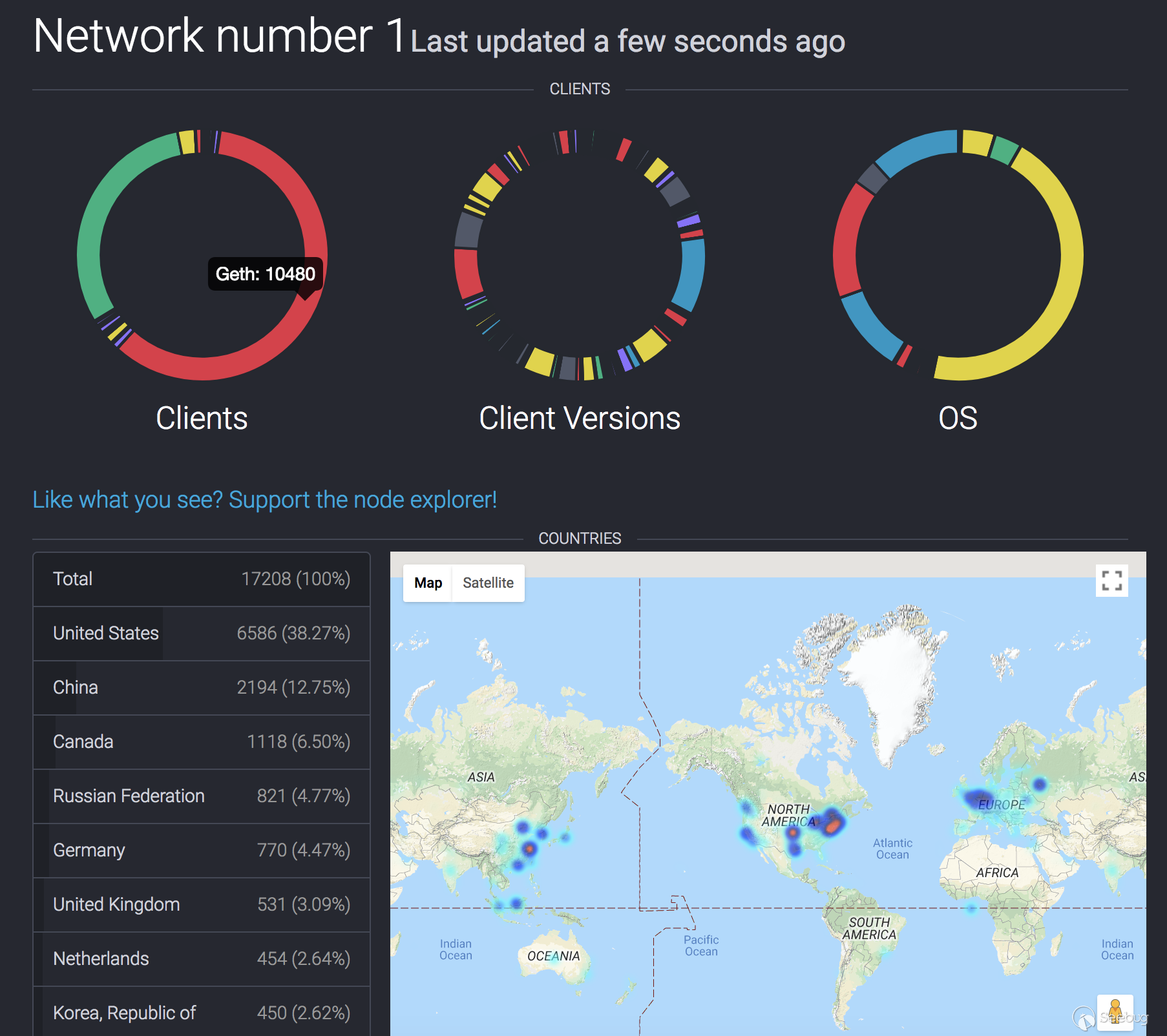 Figure 1: Market Share of Various Ethereum Clients from Ethernodes Also, the data from Ethstats shows similar statistics (Figure 2). 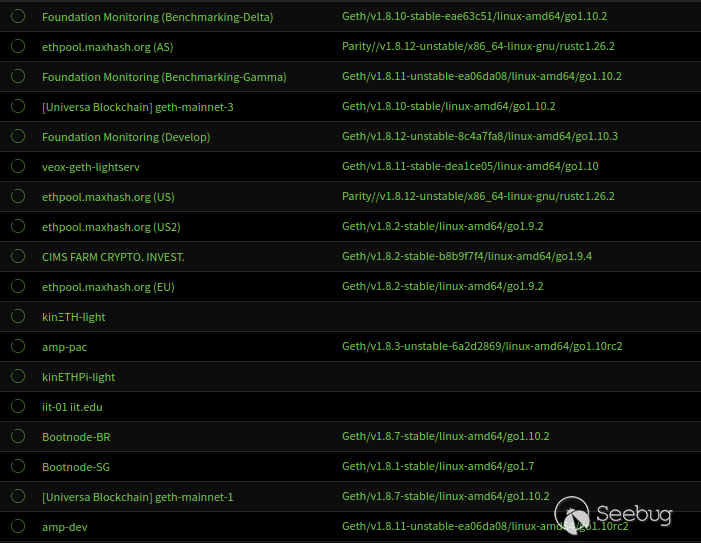 Figure 2: Different Ethereum Clients from Ethstats Given geth is the majority in the Ethereum network, any critical vulnerability of it could possibly cause severe damages to the entire Ethereum ecosystem. Researchers at PeckShield have discovered a series of vulnerabilities that could crash or freeze any geth node. Those nasty bugs can bring down a major portion of computing power of the Ethereum network. ### Details At the core of Ethereum, all client implementations should follow the same protocol for maintaining the consensus. Those protocols include RLPx, ÐΞVp2p, and many subprotocols like Ethereum Wire Protocol or Light Ethereum Protocol. 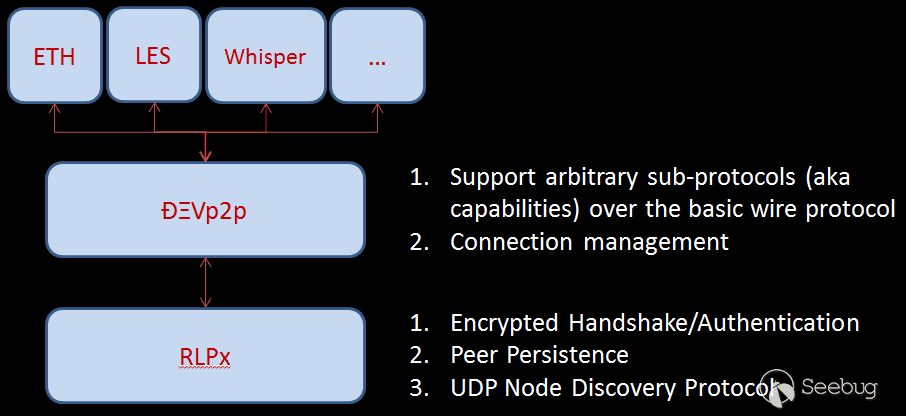 Figure 3: Ethereum Protocol Stack Figure 3 illustrates the protocol layers used in Ethereum. For supporting “light” clients, the Light Ethereum Subprotocol (LES) allows an Ethereum node to only download block headers as they appear and fetch other parts of the blockchain on-demand. To achieve that, we also need a full (or archive) node acting as the LES server to serve the light nodes. The following command can start a full geth node with LES support: ``` geth --lightserv 20 ``` While an LES client requesting block headers from an LES server, the GetBlockHeaders message is sent from the client and the message handler on the server side parses the message. The following figure shows the code snippet of geth’s implementation of the GetBlockHeaders message handler: 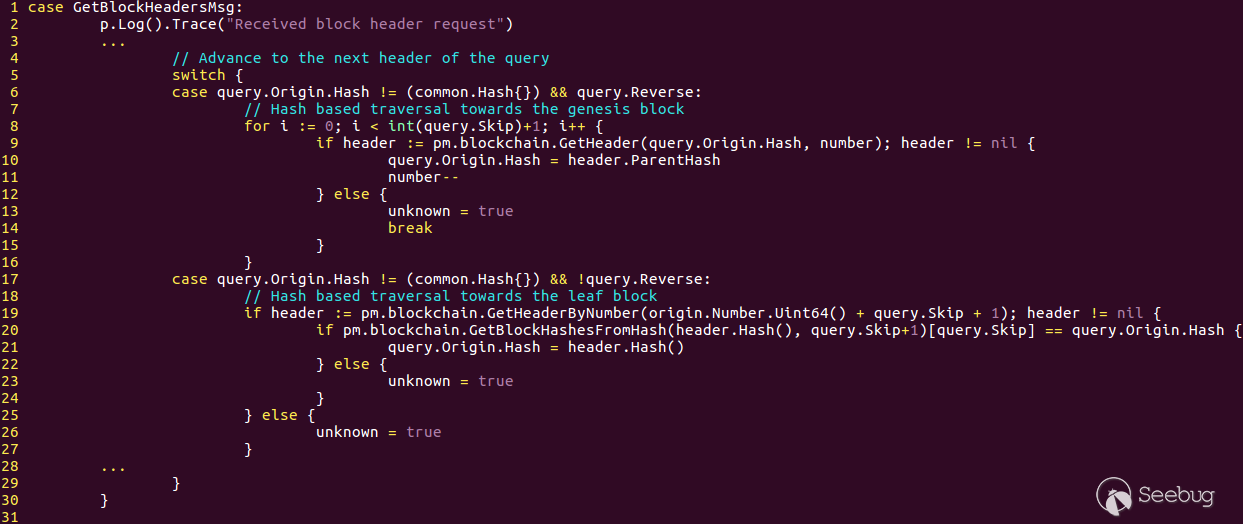 Figure 4: GetBlockHeaders Handler in geth Here, the LES client sends the query in following format: ``` // getBlockHeadersData represents a block header query. type getBlockHeadersData struct { Origin hashOrNumber // Block from which to retrieve headers Amount uint64 // Maximum number of headers to retrieve Skip uint64 // Blocks to skip between consecutive headers Reverse bool // Query direction } ``` Starting from line 17, the not reverse case is handled by the LES server. In line 19, the LES server checks if there are still block headers available after skipping query.Skip blocks. If the check is passed, GetBlockHashesFromHash() is called (line 20) and an array of block headers is returned. However, the input data, query, is not properly validated. An attacker can craft a malicious query with query.Skip = -1 (0xFFF…F). When query.Skip+1 is passed into GetBlockHashesFromHash(), an array with maximum size=0 would be allocated. Then, by accessing to the zero size array with index query.Skip = 0xFFF…F, the LES server crashes and burned. ### Timeline * 2018.06.02 Bug report submitted to Ethereum foundation (Figure 5) * 2018.06.06 Patch (a5237a27eaf81946a3edb4fafe13ed6359d119e4) released by geth developers * 2018.06.25 Ethereum foundation finalized the award for this bug 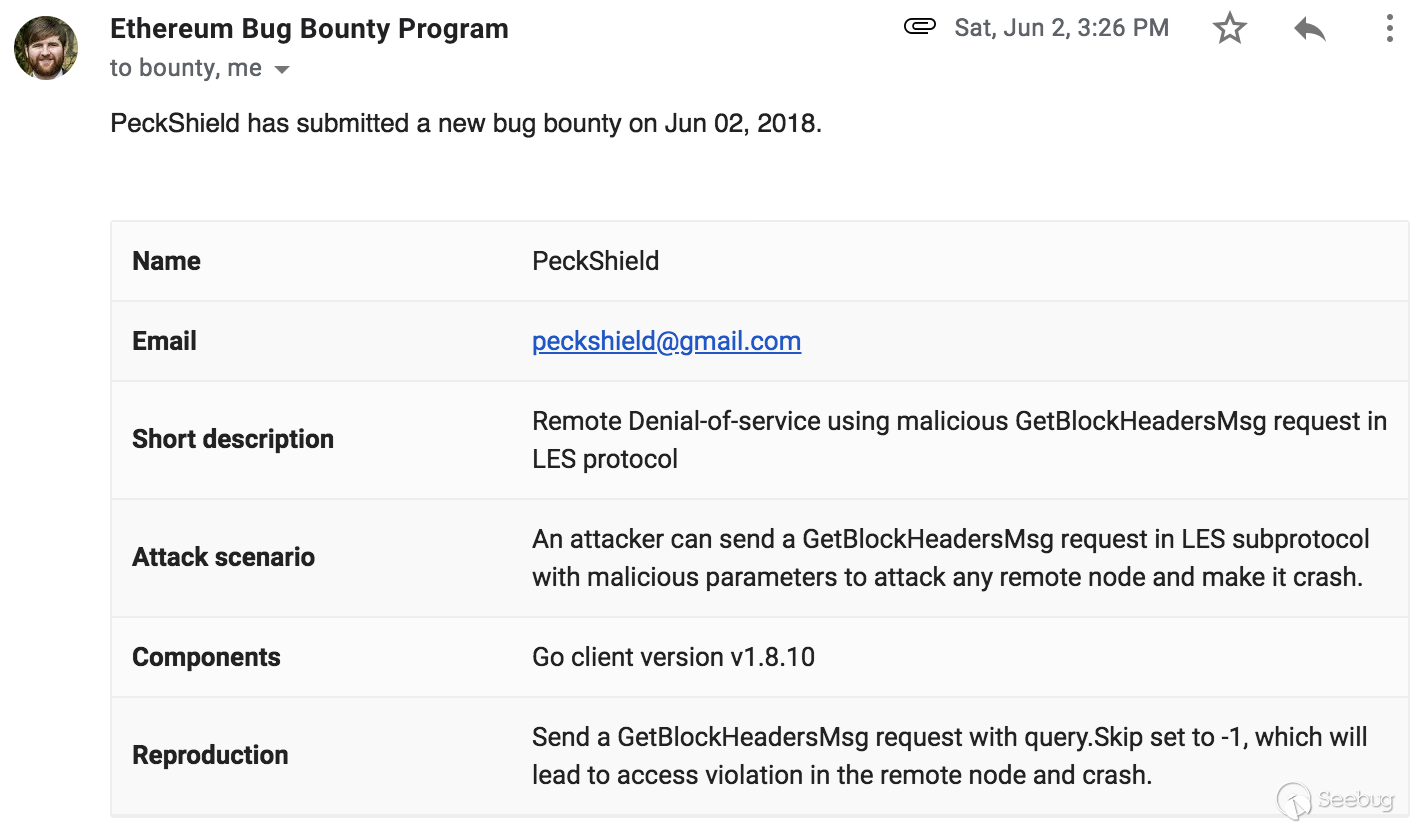 Figure 5: CVE-2018-12018 Bug Report This is the first part of the series, we will reveal other findings some time later. |
| id | SSV:97411 |
| last seen | 2018-07-09 |
| modified | 2018-07-09 |
| published | 2018-07-09 |
| reporter | Knownsec |
| title | EPoD: Ethereum Packet of Death (CVE-2018-12018) |
References
- https://github.com/ethereum/go-ethereum/commit/a5237a27eaf81946a3edb4fafe13ed6359d119e4
- https://github.com/ethereum/go-ethereum/commit/a5237a27eaf81946a3edb4fafe13ed6359d119e4
- https://github.com/ethereum/go-ethereum/pull/16891
- https://github.com/ethereum/go-ethereum/pull/16891
- https://github.com/ethereum/go-ethereum/releases/tag/v1.8.11
- https://github.com/ethereum/go-ethereum/releases/tag/v1.8.11
- https://peckshield.com/2018/06/27/EPoD/
- https://peckshield.com/2018/06/27/EPoD/